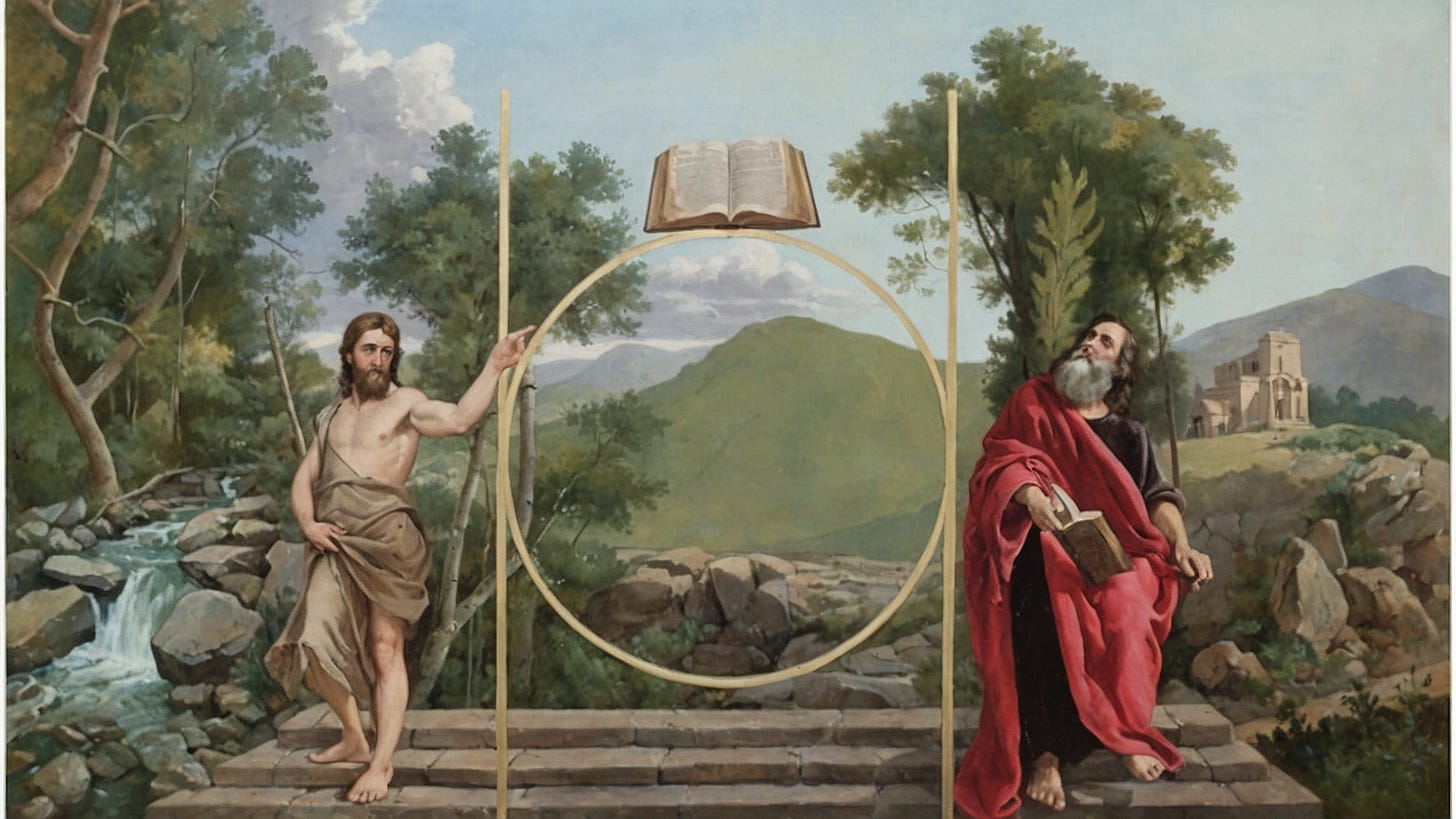Duly Opened on The Centre
Have you ever stopped to ponder the significance of a simple phrase like "duly open on the Centre"? For us as Freemasons, this concept strikes at the very heart of their craft.
📆 Make Daily Progress in Masonic Knowledge Across other formats:
YouTube: https://www.youtube.com/@DailyMasonicProgress
Podcast: Apple Podcasts | Spotify | Amazon Music | iHeartRadio
When a Masonic lodge is "duly open on the Centre," it's a declaration that as Masons, we are are fully aligned with the core principles of the Craft, ready to engage with the profound truths and timeless wisdom that the Freemasonry has to offer.
But what exactly is this "Centre" that we speak of with such reverence? It's not just a physical point in the lodge room, but a powerful symbol that represents a state of perfect balance, harmony, and moral rectitude. To be "on the Centre" is to embody the highest ideals of the Craft in every aspect of one's life.
Don't we all, as human beings, strive to live our lives "on the Centre," guided by our highest principles and values? It's not always easy, as the world has a way of pulling us off course, tempting us with shortcuts and easy answers.
Imagine an Ancient Stonemason working on the construction of King Solomon's Temple. As he labors with his tools, he's not just focused on the physical task at hand, but also turning his thoughts inward, contemplating the deeper meanings of his craft and striving to align himself with the divine principles that guide his work.
Being "duly open on the Centre" means approaching one's work with a sense of reverence and purpose, staying true to the teachings of one's craft, even when faced with challenges or temptations that might lead one astray.
Consider our Ancient brother working on the temple. When he found himself struggling with a particularly challenging piece of stone, he remembered the teachings of his craft and centered himself, aligning his intentions with the highest principles of Freemasonry. As he did so, the stone seemed to yield to his touch, almost as if it recognized the sincerity and integrity of his efforts.
By aligning ourselves with our highest principles and values, by approaching our work and our lives with a sense of purpose and integrity, we tap into a source of strength and wisdom that goes beyond our individual abilities. We become part of something greater than ourselves, a timeless tradition of craftsmanship, philosophy, and spirituality.
Living a life "on the Centre" is not always easy. It requires discipline, courage, and a willingness to face challenges and setbacks with resilience and determination. It means being true to ourselves and our values, even when it's difficult or unpopular.
But the rewards of living a life "on the Centre" are immeasurable. It's a life of purpose, meaning, and fulfillment, a life that is rich in both personal growth and positive impact on the world around us. We become part of a proud tradition of craftsmen, philosophers, and spiritual seekers who have sought to build a better world, one stone at a time.
So let us all strive to be "duly open on the Centre," in our lodges, in our communities, and in our lives. Let us be the builders of bridges, the healers of wounds, and the champions of compassion and understanding. And let us never forget the profound truths and timeless wisdom that our ancient craft has to offer.
By living our lives "on the Centre," we have the opportunity to create something that will endure long after we are gone, a legacy of service, compassion, and positive change that will inspire others to follow in our footsteps.
It's a lofty goal, to be sure, but it's one that is within reach for each and every one of us. By staying true to the "Centre," by approaching our lives and our work with integrity, empathy, and a sense of purpose, we can tap into a source of strength and wisdom that has endured for centuries.
So let us all strive to be "duly open on the Centre," and leave a legacy that will endure long after we are gone. Isn't that the ultimate goal of Freemasonry, and of any true philosophical or spiritual tradition?




